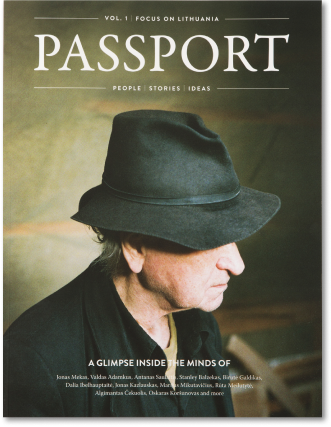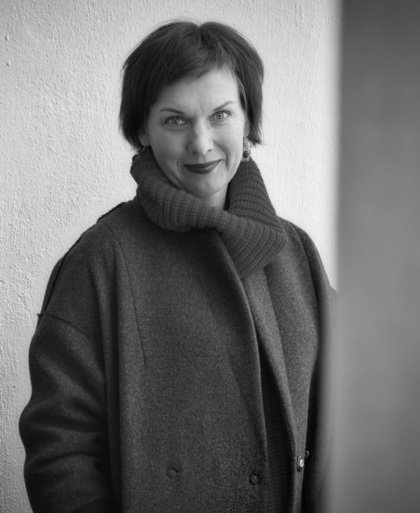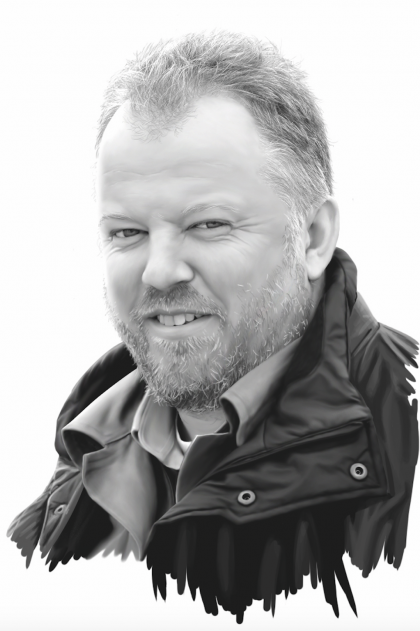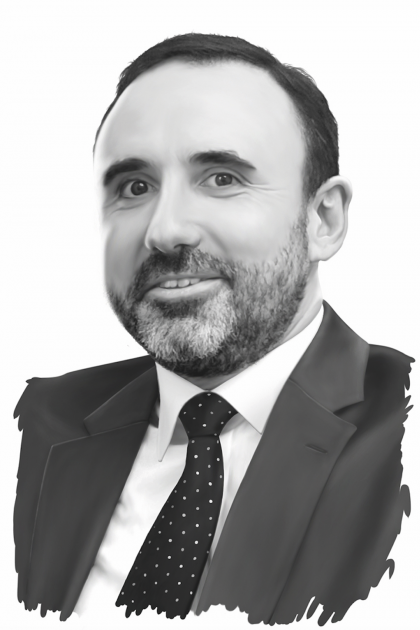Arnoldas Pranckevičius
Adviser to the President of the European Parliament
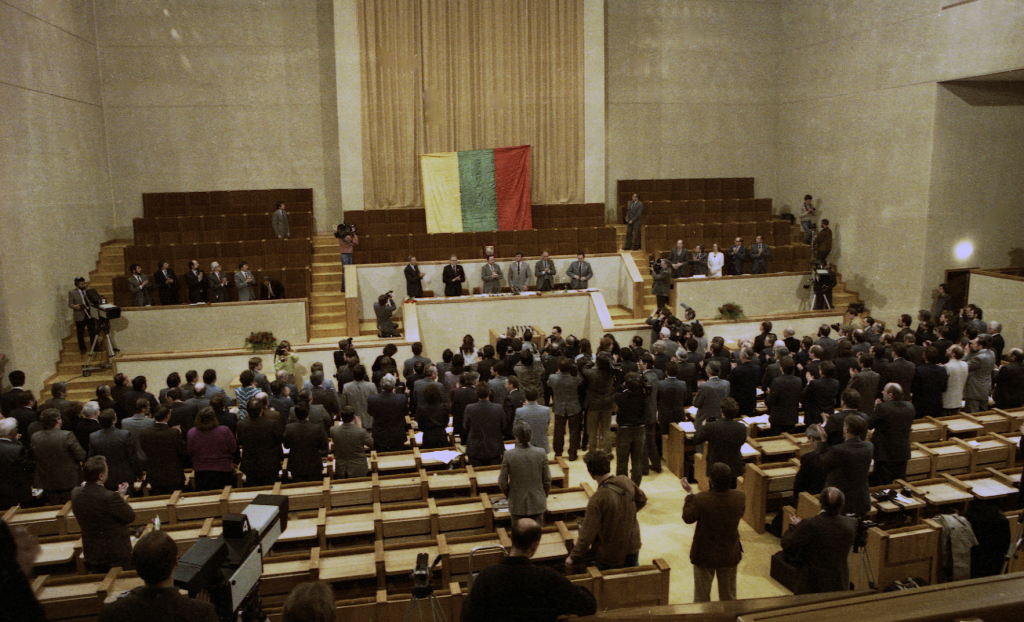
AN INSIGHT INTO POLITICS
Lithuania, which was absent from the map of the world only two decades ago, is already celebrating 11 years of EU and NATO membership and has just recently adopted the Euro. No longer a new member state, Lithuania can already be considered a seasoned player. Its maturity has been especially cemented by the successful navigation of the EU’s rotating presidency in 2013, which came at a critical juncture in the history of the EU, emerging from an existential crisis and struggling with fundamental questions of direction and scope of further integration. This challenge also descended at a defining time for the Eastern Partnership region. The illegal annexation of Crimea and Russia-backed conflict in Eastern Ukraine brought Lithuania to the forefront of the debate over the EU’s response to its biggest geopolitical challenge since the end of the Cold War.
So how has the EU integration changed Lithuania? Have we achieved a real convergence with the EU, not only in terms of economic performance and living standards, but also in terms of values, mindset, personal dignity and political culture? Do we feel and act as respectable, open-minded, and self-confident Europeans, actively and creatively participating in the ongoing construction of European architecture? Or are we still haunted by a post-Soviet legacy, an inferiority complex, and a provincial mentality – a certain mix of Homo sovieticus and Homo perifericus?
While looking back at the last 26 years of Independence, one could conclude that the answer to these questions is neither “yes” nor “no,” but rather a cautious “maybe.” Lithuania has successfully anchored itself in the Euro-Atlantic structures, modernised its economy, significantly improved its living standards, built strong institutions, and has cemented the freedom of speech, free and fair elections, and the rule of law.
However, it has struggled to improve its political culture, strengthen its civil society, increase tolerance in society, encourage self-respect and trust, halt massive migration, rein in corruption, and raise the level of political accountability.
Arnoldas Pranckevičius
In short, we have succeeded in establishing formal democratic norms and institutions, but we have not yet achieved the satisfactory level of substantive and deep democracy, one which would become an indispensable part of the nation’s psyche and the society’s mental fabric.
A large part of the society remains politically disenchanted at best and politically irresponsible and ignorant at worst. This vacuum, created by the mainstream players’ political parties, which failed to reform and renew themselves, has led to the phenomenon of new populist groupings popping up during every election. Taking a significant share of the protest vote, they render the whole Lithuanian political system unstable and highly unpredictable, turning the nation’s Parliament into a permanent theatre of provincial scandals and low-quality politics.
As a result, paradoxically, Lithuanian citizens have been consistently placing higher confidence in EU institutions than in their national authorities, and the European Parliament has been beating the popularity of Seimas in double digits, which would be an unimaginable phenomenon in the UK, Germany or France.
This chronic lack of trust in local politicians (and allergy towards the legacy of the Soviet regime and the systemic corruption associated with it) could explain the Baltic people’s choice to import political leadership from outside, from Valdas Adamkus and Vaira Vīķe-Freiberga to Dalia Grybauskaitė, Toomas Ilves and Valdis Dombrovskis, who were either associated with Western values and the world that we are aspiring to become, or represented the “Brussels school” and embodied the EU standards of political culture, which were perceived to be higher and more credible than the local ones. Hopefully the third wave will finally bring about home-grown, independence-educated, and heritage-free political leaders, ones who will be able to rediscover their societies’ self-confidence and inner strength. And the first signs of political renewal are already there.
However, throughout history, Lithuania’s fortunes have always been defined not only by its own choices, but also by external factors. If the EU’s project fails and becomes a hostage of narrow national interests and radical, populist and xenophobic ideas, if internal and external pressures result in a collapse of the Eurozone, if a migration crisis in the South forces Member States to shelve the Schengen code and reinstate border controls, and continued Russia’s aggression against Ukraine undermines European unity, exposes weakness of NATO and decouples the US from Europe, Lithuania might wake up to a nightmare scenario.
Clearly, without the strong anchor of EU and NATO membership, Lithuania would be very vulnerable and fragile, eventually becoming incapable of resisting increasing economic and political pressure from Russia. At best, Lithuania would turn into a stagnant periphery of the EU; at worst, it would risk again becoming a buffer zone or losing its sovereignty and independence.
Therefore, critical to Lithuania’s success and survival is a reinforced and capable EU, a strong transatlantic link, and a reaffirmed supremacy of the global system of democratic norms and international law. Only with a strong EU will Lithuania have the possibility of participating in important decision-making and global agenda-setting. Only through this channel will it be able to use its expertise and experience to become an example of transformative power in the wider Eastern region. Only a competitive world’s largest single market would allow Vilnius to explore its untapped potential of human capital, intellect, modern technologies and innovations.

